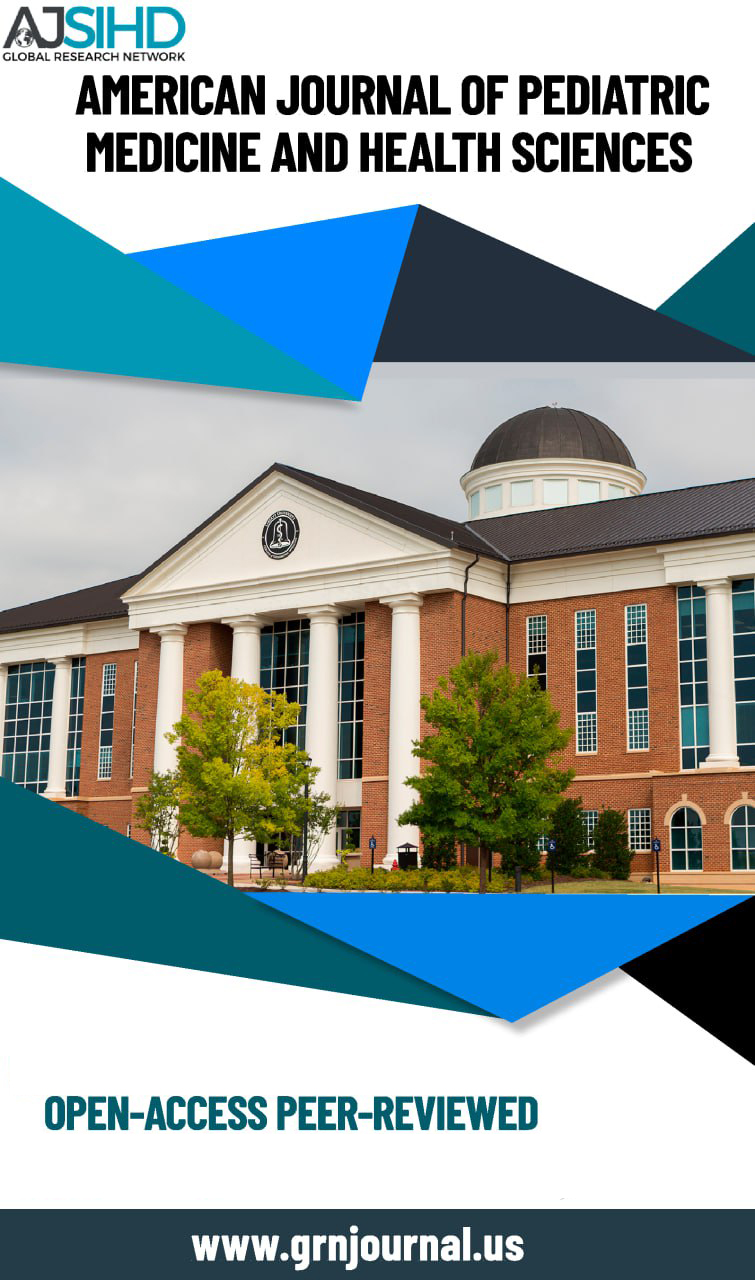EFFECTIVENESS OF ANTIPROTOZOIC THERAPY IN HIV INFECTION WITH INTESTINAL PARASITOSIS
Keywords:
parasitic invasion, HIV infection, antiprotozoal therapy, ARTAbstract
Intestinal parasites and helminths cause immunodeficiency in the human body, which directly aggravates the course of the disease in HIV-infected people. The purpose of the study: to study the effect of parasitotherapy on the course of the disease when HIV infection is accompanied by intestinal parasites. Research materials and methods. 70 patients undergoing treatment for HIV infection were examined. General clinical, IFA, PCR, coproovoscopy and formalin sedimentation methods were used for the research. Research results. When intestinal parasitosis and HIV infection occur together, dyspeptic symptoms such as nausea, pain around the navel, loose stools, and urticaria on the skin are more common. Laboratory signs revealed anemia, eosinophilia, and changes in the number of SD4 cells. When anti-parasitic drugs were administered to patients with ART, dyspeptic symptoms, reduction of anemia symptoms, recovery of the immune system were observed. Summary. Intestinal parasites cause more dyspeptic symptoms in HIV-infected patients. It causes an increase in the number of eosinophils and a decrease in the number of SD4+ lymphocytes. A positive change of these indicators is observed in patients who take drugs against intestinal parasites against the background of ART.








